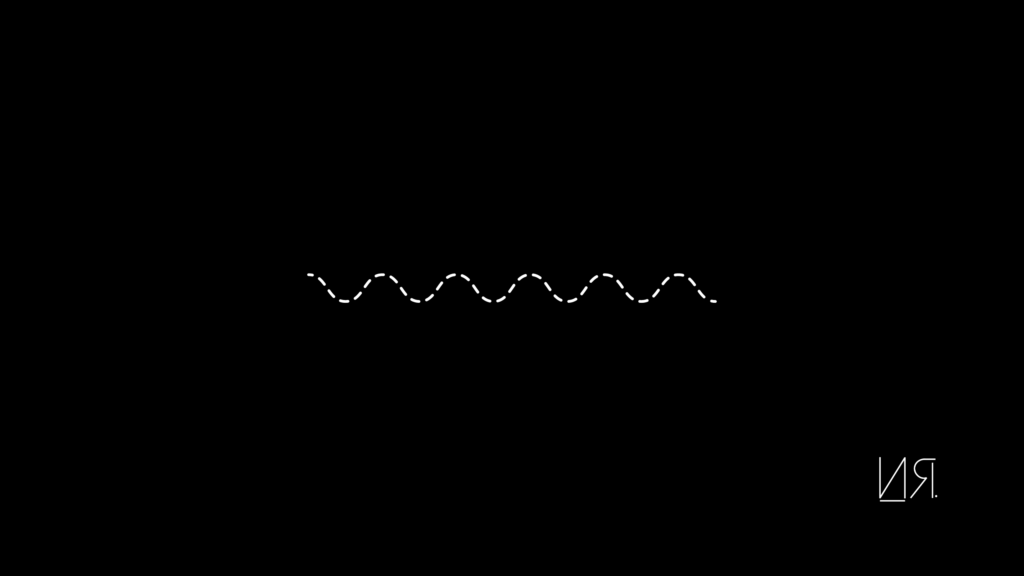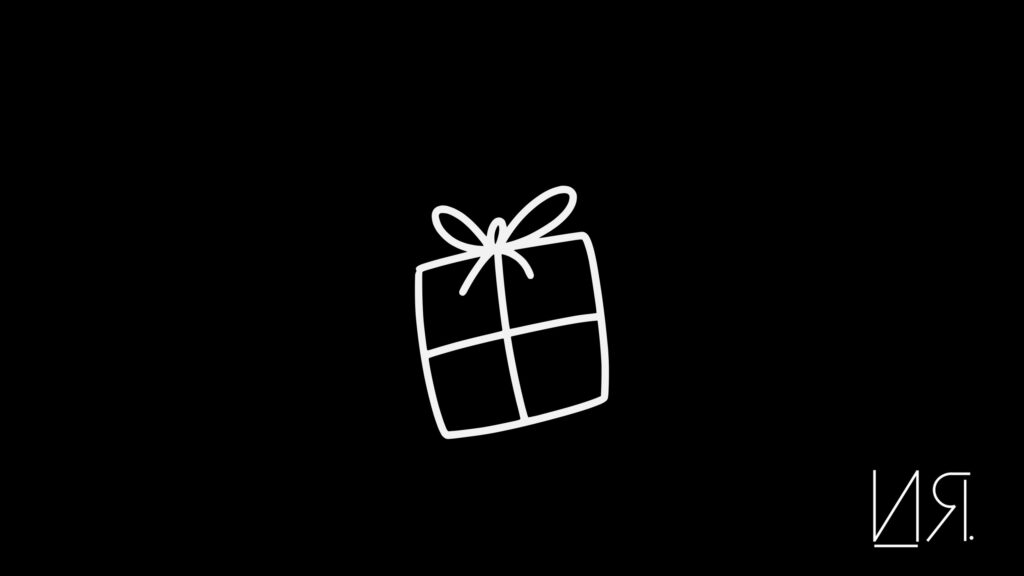Imagine you could achieve a lot more by doing less?
I was chatting with one of my business mentors about my business and he said “stop wasting time with all these difficult clients, go find profitable clients and do less.”
With that advice, my business actually grew.
Less of the painstaking work of cuddling high-maintenance clients. The idea initially felt uncomfortable.
But once it started working it opened my eyes to the reality of using leverage and making time work for instead of against me.
You can do the same.
Work, Work, Work, Work, Work, Work
It’s like work never ends like a Rihanna song on repeat.
People think that they have to work harder to get more of what they want in life.
In a confused haze, people just keep chugging on expecting different results. The only result is burnout.
You’ve been told you’d be rewarded
With more work
With more visibility
You put the work in the grind gear and charge forward – your feet like metal grinding across a graveled highway.
AND when you are just about to score, the goal post is moved again.
You beat yourself up, thinking “I didn’t work hard enough to start with.” Your only response is to do the linear thing “if I want to get more, I have to do more.”
Hmmmm….something’s not working here.
More work does not equate to more results.
Yeah. Yeah. I can hear the productivity haters from a distance, working hard to keep the hamster wheel spinning:
“It’s easy for you to say…out there, writing newsletters while I’m here doing real work”
Trust me, I also don’t like to ingest the necessary medicine that I need sometimes.
The reality is that: things don’t have to be so hard. With clarity, dedicated action, and residual results, you can achieve more with less.
Your most meaningful results will come with the least amount of effort.
The 5 Way to Start Getting More With Less
The best way to overcome the “overdoing” syndrome is to start unlearning the fallacy that to achieve more results, you just have to keep working hard.
You don’t have to stop working hard, but you should start leveraging your intelligence to complement your hard work with smart work.
You will get more out of life by simplifying. You will be less burned out. Your day-to-day will be energized, clear, and focused.
Bring your presence, expertise, experience into a laser sharp focus that helps you get the most with the least effort.
Here are 5 ways to get there.
1. The effortless framework
You can get more done with a lot less effort.
My 7-year old mac laptop is on its final leg.
Every 4 hours, I have to reset it to clear out the load on the drive, so it starts functioning smoothly again.
This is how most of us work.
Like the drive on my computer, our minds are overloaded so we can’t think effortlessly to take action.
That’s why I like the effortless framework from Greg McKeown’s book Effortless.
There are three phases to this framework.
Begin in the effortless state,
take effortless actions, and
get effortless results.
In the effortless state, you clear your mind and heart of the clutter and distraction that floods it. You’ll get the clarity to know what’s essential and not.
You might have experienced this before. After a good night’s rest, your mind is focused and calm.
The next step is effortless action. This boils down to simplifying the steps to get what you want.
The last is effortless results. There are two types of results: linear and residual.
Linear is one-to-one with your effort. You get a single hit of the result from performing a task.
Residual results keep giving after the action has been taken. It compounds over time, rewarding you even while you sleep.
Effortless residual results is what you want.
Use this framework to make the ‘essential’ easy and the ‘unimportant’ hard to do.
“Perfectionism makes essential projects hard to start, self doubt makes them hard to finish, and trying to do too much, too fast, makes it hard to sustain momentum”
~ Gred McKeown, Author of Effortless
Start with clarity, follow up with simplified action, and build up residual results to make your essentials effortless.
The next four points focus on how to get clarity in the effortless state.
We will focus on action and results in my next two letters.
2. Inverting Work
You don’t have to ‘overdo’ to get what you want.
I grew up learning that idle hands were the devil’s playground.
My dad would literally see us just chilling in the house, and he would manufacture chores for us to do.
“go clean your room.” It’s already clean.
“go wash your clothes.” They are already washed.
“hmmm, ok go clean the random room that no one stays in.” Ok, you win.
That’s how I got programmed to stay working. This has helped with tenacity but it has also caused a lot of overdoing.
We have been programmed to believe that anything worth getting has to be hard.
Listen to how we talk about things that are worthwhile:
“blood, sweat, and tears”
“hard-earned”
The language we use even makes the easy seem suspicious:
“easy money”
“easy for you to say that” when dismissing another person’s opinion.
This comes from a puritan perspective, where value is placed on tedious work. This narrative makes us believe that to overachieve, we must overdo.
What about if we tried the inversion method? When encountered with a hard task, ask yourself “what if this was easy?”
Find the easiest path to achieving it. We evolved to take the path of least effort
It’s called the cognitive ease principle.
Imagine as we evolved as a species and always choosing the hardest way to find food. We wouldn’t be where we are today.
When next you have a daunting task, ask the inverting question: “what if this can be easy?”
Allow your problem-solving juices to flow and proceed with simplicity.
3. Enjoying it
Meaningful work does not mean suffering.
Growing up in Nigeria, you become addicted to ‘sufferation.’
The hustle becomes part of your identity (in Lagos especially).
“You enjoy what you’re doing? You’re smiling while doing it? How dare you?”
“You must not have real enough problems.”
“Are you even Nigerian?”
This is not only in Nigeria.
It’s like there’s a global memo circulating out there that says anything worth doing should be tough, unpleasant.
We learn to “just power through.” This mindset does help a lot of people.
But it is also a slow and slippery road to burnout.
We can switch this around. When we see a difficult task, we can ask “how can I make this enjoyable?”
By opening the space that worthwhile work can also be enjoyable, we clear out time to start getting to what we do in an effortless way.
We can develop habits by stacking it with what we enjoy.
You like listening to podcasts but dread going to the gym.
Listen to a podcast in the gym.
Throw on a playlist while you clean the house.
Work and play aren’t separate things. They go hand-in-hand, as play in work is a key ingredient to innovation.
That’s how LEGO started – from a struggling carpentry business to one of the biggest toy brands today.
By adding some wonder and play to your routine, you can transform the mundane to a joyful experience.
These rituals can bring a whole new meaning, giving ‘soul’ to your tasks.
Forget the “work hard, play hard” doctrine for a second. Find ways to make your essential tasks more enjoyable.
Bring play into your work to make it glide with ease.
4. Resting
Get some rest. It’s part of your work.
There was a time when I worked for 700+ days straight (almost 2 years between 2016 and 2018)
I was starting up my business. I walked Saturdays and Sundays.
No breaks. No Sleep. Like Skepta
I thought that was the healthy way to guarantee success. I soon realized I was working hard, not smart.
It wasn’t sustainable.
In the hustle culture of “I’ll sleep when I die” a lot of us power through like sleep-deprived zombies thumping through the day.
Research shows that sleep deprivation leads to cardio-vascular disease as we age. Low sleep reduces our ability to concentrate and impairs our motor skills.
As part of your responsibility, you should be prioritizing sleep. Get comfortable with the art of doing nothing.
As a rule of thumb:
Do not do things today that you can’t recover from today.
Do not do things this week that you can’t recover from in a week.
Good sleep is a combination of deep sleep and sleep quality.
Deep sleep happens roughly between 13 – 24% of your sleep time. That’s when your daily activities are downloaded into your long-term memory.
Sleep quality is the length of sleep that goes uninterrupted.
A warm bath before bed, turning the lights off, sleeping at the same time, and limiting digital devices 1-hour before bed can drastically improve your quality of sleep.
Can’t sleep too well?
Consider taking naps. Naps can help us recharge our intention and focus.
“Relaxing is a responsibility”
~ Gred McKeown, Author of Effortless
Make time for rest and learn the art of doing nothing to be able to get to your essential work during waking time.
5. Letting go
Gratitude and forgiveness are the type of employees you want your spirit to hire.
I remember complaining to my mentor about my business growth and how I wanted to take it to the next phase.
He reminded me “you need to stop beating yourself up, you’ve built a business to a point most people haven’t on their own. Be kind to yourself first. Be grateful for where you are now.“
I had to let go, to get what I wanted.
Complaints and grudges clog up our mental space.
These things are living rent-free and only gratitude and forgiveness can free up our minds to thrive in the effortless state.
Complaints tend to shoot us into a downward spiral.
It lets us focus on what we lack, which squeezes out what we actually have.
Gratitude, on the other hand, opens us up to new creative ideas and foster social bonds.
Grudges are another clog in the machine.
They usually give you a sense of control in the short term but in the long-term, they fester and start controlling you.
Think of grudges like an employee. Ask: “what did I hire you for?”
Do an audit of the grudges’ performance and you’ll realize it’s actually draining more resources than it’s adding to your life.
With grudges, “hire slow, fire fast.”
Don’t be so quick to pick them up and try to get rid of them as quickly as possible.
“When you focus on what you lack, you lose what you have. When you focus on what you have, you get what you lack”
~ Gred McKeown, Author of Effortless
When you find yourself complaining, be grateful about something right after.
Do this as a practice until it becomes effortless and every complaint makes you see a possible thing to be grateful for.
Also let go of grudges. You are not in control of them – they are actually controlling you.
Final Thoughts
Time can be illusive.
It seems like there isn’t enough of it in the day to achieve all the things we want to achieve.
We think we have to keep working hard and grinding ourselves into the ground to get marginal increments in results.
Invert this mindset, by getting into an effortless state that drives action into effortless results.
Do this by asking how your challenging tasks can be made easy and incorporate play to make it more enjoyable.
Get more clarity by prioritizing rest and letting go of grudges and complaints. Focus on gratitude and forgiveness.
Clear out your mind and heart to have the right leverage to direct the effortless action that comes afterwards.
Develop your practice to stay in the effortless state.



